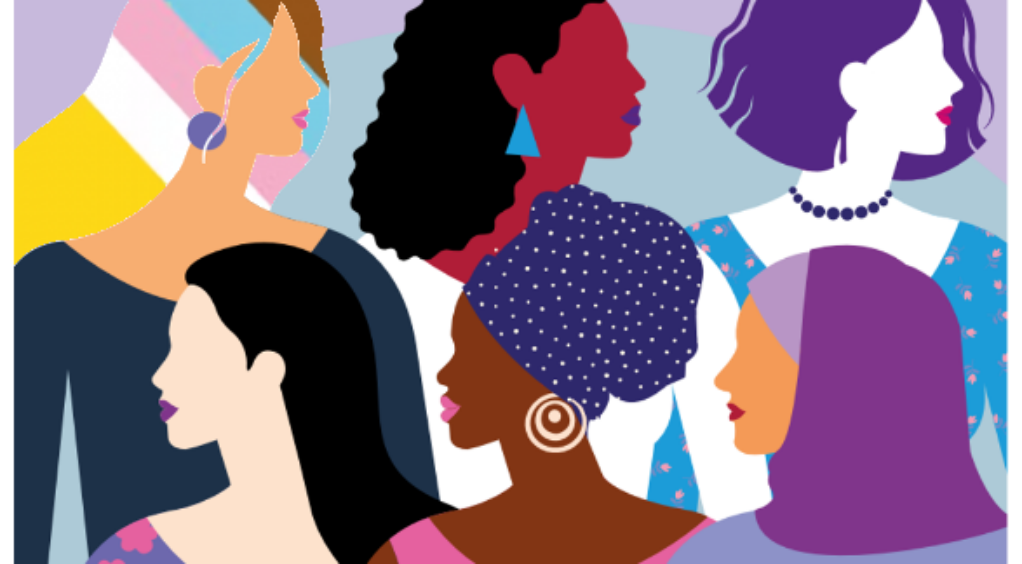Women’s health champions are supporting better health in their communities
Groups of women’s health champions are being trained to support conversations and increase knowledge and understanding of health matters through a new project.
More than 40 women have signed up to be women’s health champions and are learning how to support their local communities with information, advice and guidance.
Subject areas for the women’s health champions include:
- menopause
- period pains
- how to check breasts for lumps
- the importance of cervical and breast screening
- sexual health and contraception
Learning sessions are taking place in Derby, Chesterfield and online and are led by health care professionals with expertise in these areas.
Amy Armiger, advanced clinical practitioner at Appletree Medical Practice in Duffield, is leading the project.
She said: “We know from the Women’s Health Strategy for England, which was produced in 2022, that there are large health inequalities for women.
“Derbyshire has responded to that through the improving women’s health project.
“That means we have an opportunity now to focus and invest in women’s health services locally to improve services and tackle some of those inequalities.”
The women’s health champions have a role similar to the community connectors who work with local groups to undertake regular blood pressure checks.
Their connection with local communities means they can overcome stigma, embarrassment or cultural barriers that may prevent women from talking about their health issues.
Amy added: “The community connectors who are in place to take blood pressure checks and to promote the importance of finding high blood pressure have been a great success.
“They inspired the idea for the women’s health champions.
“The women’s health champions will fulfil a similar role – taking important healthcare messages into their communities.
“In that way they will help aid conversations, normalise women’s health, signpost to reliable information, identify potential health problems early so they can be treated, empower self-care, and encourage discussions with clinicians.”
A further part of the project is to train social and healthcare professionals who work closely with specific groups of women, enabling them to provide better guidance and support on women’s health issues.
Online development sessions have taken place for people such as social prescribers, learning disability nurses, sexual health professionals, nursing home staff and social workers.
Amy said: “Each of these professionals has a role in supporting women’s health but they can benefit from knowing more about specific areas of women’s health or knowing how to identify warning signs, such as post-menopausal bleeding.
“In this way, they can identify potential problems quickly and direct them to the appropriate clinicians so they can be treated before they get worse.”
Both the community and healthcare professional groups will meet for regular catch-ups once the development sessions have finished so they can compare experiences and share their learning further.

